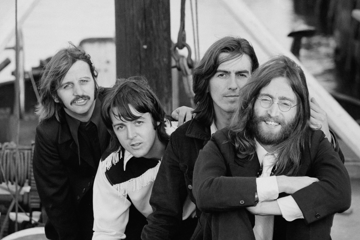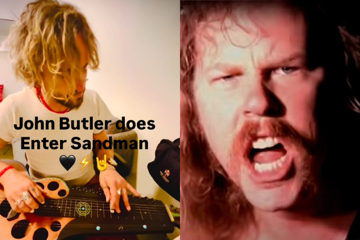Aussie Arts Budget Loses Over $50 Million So Ridley Scott Can Make Another 'Alien' Film
Don't bother; no one can hear you scream
The nation's premier local filmmaking body, Screen Australia, will have $10.4 million sliced from its budget over the next four years — its third round of cuts in the past year-and-a-half — as part of a larger arts-funding reduction to the tune of $52.5 million, revealed by treasurer Scott Morrison today.
As Fairfax reports, the revelation was made in Morrison's announcement of the 2015 Mid-Year Economic & Fiscal Outlook (MYEFO), which explained that the overwhelming majority — $47.3 million — of the freed-up funding will be redirected to the production companies behind probable future Hollywood blockbusters Thor: Ragnarok and the Ridley Scott-directed Alien: Covenant, scheduled to be filmed at Sydney's Fox Studios.
"For the third time in 18 months, there has been a funding cut to Screen Australia," Screen Producers Australia chief executive Matthew Deaner told Fairfax.
"This efficiency dividend comes after almost $4 million was cut over the forward estimates earlier this year, on top of $38 million the year before. In the five years to 2018-19, this will total more than $50 million in combined cuts across budgets."
In addition to the more-than $10 million diverted from Screen Australia, the government will also redirect $36.8 million away from galleries and museums, and has — as part of a $9.6 million savings measure — outright canned the Book Council Of Australia, which as Fairfax notes is the country's "peak advocacy body for publishers and writers" (and was costing a trifling $6 million every three years to the budget), to ultimately save the $50 million-plus.
Don't miss a beat with our FREE daily newsletter
Unsurprisingly, the news hasn't been received too warmly by those in the arts community, with former Emerging Writers' Festival director Sam Twyford-Moore describing the government's announcement method — "buried in a budget document" — as "distressing and offensive".
"The Book Council began as ideological warfare on the Australia Council, but those moneys — in the right hands — could have been used wisely as strategic investment in a fragile sector," he told Fairfax.
"Now? Now, a lot of magazines and emerging organisations will very likely die, denied funding in the latest round of Australia Council grants.
"Everything within the world of Australian letters is at risk."







